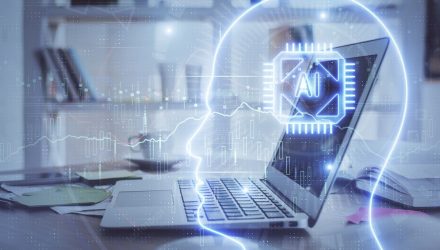Artificial intelligence is an industry with limitless growth due to the potential it has to optimize all aspects of the current world.
OpenAI, a research and deployment company, engaged the world with its DALLE-2 model and its ability to create images based on text prompts.
The result of the model being prompted to create an image of “Albert Einstein wearing VR goggles in a galaxy in the style of an oil painting by Vincent van Gogh,” would take a human graphic designer more than 5.25 hours to recreate those images at a cost of about $150 based on an average hourly wage of about $29, according to ARK’s recent Twitter survey.
“DALLE-2 hasn’t announced its commercial pricing yet but, given 22 seconds of computing on an A100, we estimate that the inference cost for a single image could be ~$0.01 — more than 99.99% lower than human labor cost,” ARK Invest wrote in a recent insight. “As a result, we have been debating whether or not powerful AI image models might displace human graphic designers.”
According to ARK, tools like DALLE-2 should democratize access to creative content, enabling anyone to generate rich content — including still images, music, and video — instantly at a minimal cost.
“While DALLE-2 is likely to disrupt businesses offering stock images, we believe that graphic designers will evolve into a crucial interface between their clients and this technology. They will learn the nuances among AI models and apply creative filters to generate images ‘in the style of van Gogh’ or ‘in the style of Picasso,’” ARK wrote.
Based on ARK’s research, AI training costs should decline 60% per year, suggesting that at today’s cost researchers should be able to train models 100x larger within the next five years.
Investors looking to gain exposure to the lucrative AI industry should consider the ARK Autonomous Technology & Robotics ETF (ARKQ). Companies within ARKQ are focused on and are expected to substantially benefit from the development of new products or services, technological improvements, and advancements in scientific research related to, among other things, energy, automation and manufacturing, materials, artificial intelligence, and transportation
For more news, information, and strategy, visit the Disruptive Technology Channel.

